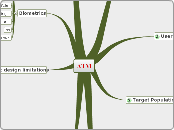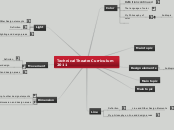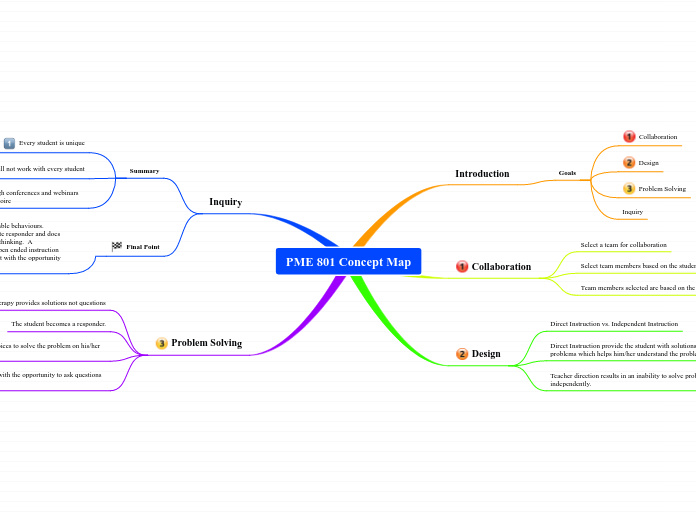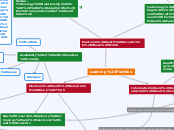ATM
Environmental Issues
Safety of money. robust?
Trade off between security and screen viewing angles
Can't build for adjustability? out side. must be robust.
Think of future. other banks? need consistancy
Screen glare
Hex-spindle model?
Target Population
Users change over time, people in a rush, diff moods, get money out when drunk?
Accessability for disabled users is very important in this instance. It is law, legal requirements? state the law involved, thus this could effect having 2 at different heights? or must they go in side?
Age and disabilities
Generally public systems like ATMS have to cater for a wide variety of users
Everybody needs money
Users
Cleaners
Secure Van people
This effects where the device can be installed. also worth looking for building drawings inorder to work out where it would be possible. or consulating a builder.
worth doing some interviews with these users earlier rather than later. to keep their perspective in mind
Public
Aware of limiting user & their needs. State this. upper or lower boundries /clearance / sightlines/reach
Application of guidelines & Anthropometry
Spatial arrangement of controls
Feel, sensitivity, size, labelling affordances etc 27/10 lecture notes
Focus on needs of limiting User in this section
Cultural differences? in UK
novice / expert
individual / group i.e for elderly or imparied visual / auditory
Zone of convenient reach for input card / get money
ATM guidlines VS anthropometric data? i.e user expects the ATM to look / act in the same way - user will have appropriate mental model
Sightlines, size of text, buttons, layout
Mockups to use for fitting trials?
Trial design with representative sample of users
Dynamic Fitting Trial
Dynamic / task related anthropmetery
Both are psychophysics, ie the data are judgements of acceptability by people
Development of ergonomic design limitations
the dpeth / height of the ATm should be in the zone of reach, ZCR for as many users as possible.
The text screen should be of sufficient size to see
the buttons should be large & durable enough to whether both the outdoor and constant use of the system, aswell as big enough for the 95% of users hands.
Height of cill should be low enough so that a whll chair can see the screen
Optimal viewing angle Vs need to accomodate variety of heights
Biometrics
FAR has to be 0%?
Iris
Walking Posture
Finger
Palm
Voice
Culture
Japan use palm recognition because they dont like to touch tings
User Requirements
Fast? efficently? without exerting effort?
Observations, how do people use cash points now? e.g do they need somewhere to rest their purse or walet?
Task Considerations
Error Analysis. use adv & disadvs from ppt
HTA will identify missmatches between the task and users. Bodyspace. Page13 good info on here
Photographic analysis of other cash points as an idea board type thing
Error Analysis
View Balance
Get Money
Task Analysis on what needs to be done to get cash
Decision (cognitive task)
Derived
Info required, inputted, feedback
automatic
inherent knowledge
Action
Posture
Workspace design
Effort
Biomechanics
manipulative skill
Design of controls
once done, eqip necces % spec enviro become clear
Important info bits
Page 20 of PE booklet has ergonomic design approach
HOW AND WHERE IT IS TO BE INSTALLED
DIMENSIONS OF DEVICE
LAYOUT OF DISPLAYS AND CONTROLS
Explain what each stage is, how to do it, and what kind of things we get out of it









